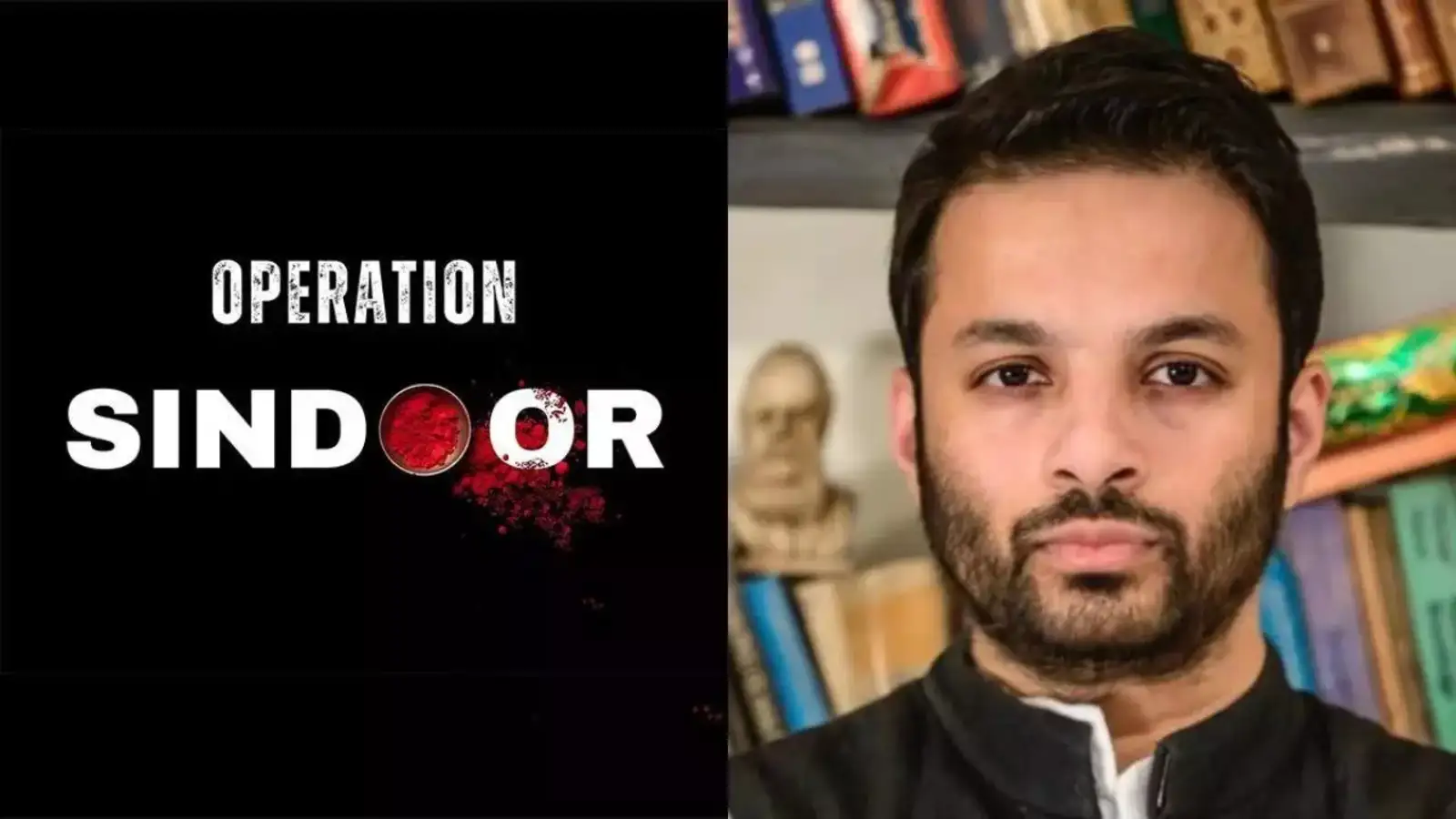Question the War or Govt, Lose Your Freedom - Inside India’s War on Online Dissent

New Delhi: A pattern of censorship and arrests has taken hold in the weeks following 'Operation Sindoor' - India's military response to the April 22 terror attack in Jammu and Kashmir's Pahalgam that killed 26 innocent civilians. Individuals expressing dissent or criticism of the military offensive on social media have been booked, detained and allegedly intimidated. Law students, journalists, activists and ordinary citizens have been caught in a growing clampdown on digital expression.
In several states, including Maharashtra, Uttar Pradesh, Assam and West Bengal, the police have acted swiftly against those accused of spreading “anti-national” views.
One of the recent arrests that drew attention occurred in Gurgaon, where Kolkata police detained Sharmistha Panoli, a 22-year-old law student from Pune, over a social media post made in the backdrop of the India-Pakistan conflict. However, in contrast to other cases, her post did not question the government or military action but was primarily condemned for hurting religious sentiments by using offensive language about Prophet Muhammad, a revered figure in Islam.
A complaint led to an FIR on May 15 at Kolkata’s Garden Reach Police Station. The FIR was filed under multiple sections of the Bharatiya Nyaya Sanhita, including those related to promoting enmity and inciting public mischief. Despite deleting the post and apologising, she was arrested on May 31 and taken on transit remand to Kolkata.
Earlier in May, 19-year-old Khadija Sheikh, a second-year engineering student from Pune, was jailed for Instagram stories critical of Operation Sindoor. She was rusticated from her college, Singhad Academy of Engineering, which claimed she posed a “risk to campus and society".
Represented by Advocate Farhana Shah, she challenged both the FIR and the rustication in the Bombay High Court. The court found her actions to be an act of “indiscretion", not malice. Justices Gauri V Godse and Somasekhar Sundaresan ordered her release and allowed her to appear for her semester exams by suspending her rustication.
This wave of arrests is not isolated. According to a Times of India report, Assam recorded over 68 arrests for alleged pro-Pakistan or controversial online posts. The Wire reported that the Uttar Pradesh police arrested 25 individuals for “anti-national” posts and spreading “misleading information". While some cases involved AI-generated fake content, many others were merely expressions of concern or calls for peace.
Ali Khan Mahmudabad, head of Ashoka University’s political science department, was arrested on May 17 in Delhi by the Haryana Police. His Facebook post praised women officers involved in briefing Operation Sindoor but also criticised selective outrage over mob lynchings. The post drew complaints from BJP Yuva Morcha and Haryana Women’s Commission. He was granted interim bail by the Supreme Court on May 21, though the FIRs against him remain.
In Mumbai’s Malwani area, a 40-year-old beautician was booked for a WhatsApp status that criticised the cost of war on civilians. As reported by Deccan Herald, she stated, “When governments make reckless decisions, it is the innocent on both sides who pay the price.”
Student voices are increasingly anxious. “If we do not push back against this targeted suppression, we risk losing the very space to question what matters most,” said Habeeba, a student activist from Jamia Millia Islamia.
A Delhi University student, refusing to be named, added, “The thought that one post can land you in jail or cost you your education is honestly terrifying.”
Beyond individual arrests, government action against digital platforms has also intensified. On May 8, nearly 8,000 'X' (formerly Twitter) accounts belonging to independent media outlets such as Maktoob Media, Kashmiriyat, Free Press Kashmir and The Wire were blocked without official explanation.
Maktoob Media Editor Aslah Kayyalakkath described the action as “an assault on press freedom". X confirmed it had complied with executive orders but said the move violated free speech norms.
Rejaz M, a contributor to Maktoob Media, was arrested by the Nagpur police on May 8 for social media posts critical of both 'Operation Sindoor' and the anti-Maoist 'Operation Kaagar'.
India's use of laws such as Section 69A of the IT Act, the Unlawful Activities (Prevention) Act or (UAPA) and now provisions under the Bhartiya Nyaya Sanhita has enabled these crackdowns. According to Access Now, India recorded 84 internet shutdowns in 2024 - the highest among democracies. It highlights a growing infrastructure of digital suppression.
What began as a national response to terrorism has now triggered a sweeping crackdown on free expression. From student activists to academics, journalists and ordinary citizens, the message is clear - questioning the state, even in peace, is a risky proposition.
